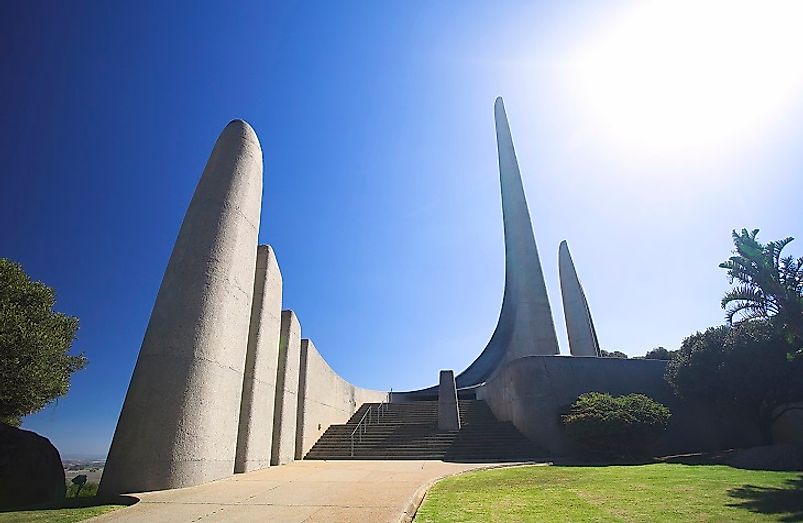What Is The Afrikaans Language?

Linguistic Origins
Afrikaans is a daughter language of Dutch, and is preferably spoken in South Africa and Namibia, and to some extent in parts of Botswana and Zimbabwe. It actually developed as a language amongst South Holland Dutch settlers in the Southern part of Africa between the 18th and 20th Centuries. It arose in the Dutch Cape Colony through a divergence from European Dutch dialects. It was until that time known as the “kitchen Dutch language”, and was not given a prestigious officially recognized position which had been given to the other notable European languages in African countries. Mostly for linguistic purposes, the lexical and syntax borrowings of Afrikaans are derived from other languages, such as Malay, Portuguese, the Khoisan language, Bantu, and even South African English alike.
Unique Words
The main dialects of the Afrikaans language involve three historical dialects that existed after the Great Trek in the year 1830. They are the Northern Cape, which is a mixture of Dutch and Khoi-Khoi language, Eastern Cape (a mix of Dutch and Xhosa), and the last, Western Cape, (incorporating the Great Karoo and Kunene tongues). There are many important grammatical words involved in it in similarity to the Dutch language, such as with the following words:
- J is normally spelt as /j/ in Kaapse (Cape) Afrikaans, and /dz/ in the Dutch language.
- I am is pronounced as ek is
- He/She/It is pronounced as hy/sy/dit is
- We are pronounced as ons is
- You are (plur.) pronounced as julle is
- They are pronounced as hulle is
Another unique feature of the language form is that, when telling a story, the speakers mostly use the present tense or the historical present tense. They even use double negatives when speaking in sentence form. For example, "I do not want to do this", or "Ek wil dit nie doen nie", is a statement which emphasizes the act of not doing anything.
Geographic Distribution of Speakers
Afrikaans is used as the first or the second language by the local populations of much of the country of South Africa, and is even taught in the nation's schools. As it was mainly developed in the Cape Town area, it is most widely spoken in that particular part of the country, and is respected for its origins. The features included in the language are of South Hollandic Dutch natures, and contain the regular grammar of the same. The white Afrikaans community speaking this language is known as “The Boer”. Aside from South Africa, Afrikaans is widely spoken in parts of Namibia, by a small group of white people in Zimbabwe, and it is often spoken by the South African communities living in foreign countries as well. Moreover, the constitution of the nation of South Africa has also recognized Afrikaans as an official language.
Notable Afrikaans Literature and Music
With the recognition of this language, the Afrikaans rich cultural heritage came into the limelight and avid performances by Afrikaans-speaking artists have promoted its heritage. There are many short stories, novels, and dramas which have being produced by these people since the year 2000. These include notable literary works like Afstande, Emma en Nella, Geldwolf, Thula-thula, and Weerloos. There are many works created by the famous artists and rappers in modern era who have influenced this music, and just to name few these include Kobus, Valiant Swart, and Somerfaan. These notable musical works also include Het magisch realism in such pieces as enkele recente Afrikaanse romans, Die Afrikaanse literatuur, Three decades short, and many more.
Official Recognition and Legacy
Afrikaans was officially recognized as the official language of the country of South Africa in the year 1925, and is today included amongst the other 11 official languages of the country today. Hertzog was the man who secured the official status of the Afrikaans language. He played a leading role by forming and entrenching the Article 137 of the South African constitution, which gave equal status to the language. The ongoing legacy of the official status of this language was introduced into the post-apartheid South African period as well.











